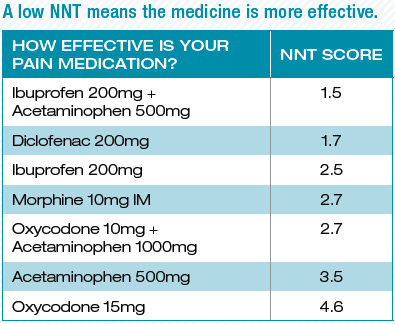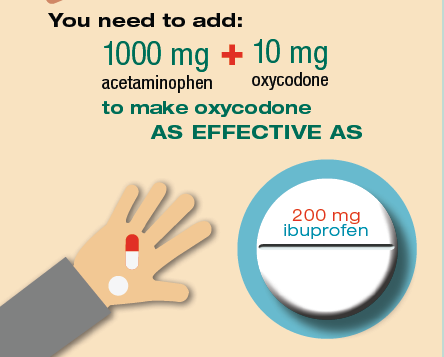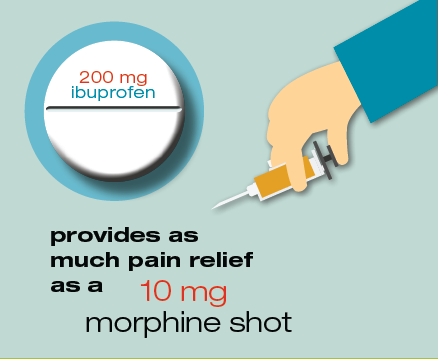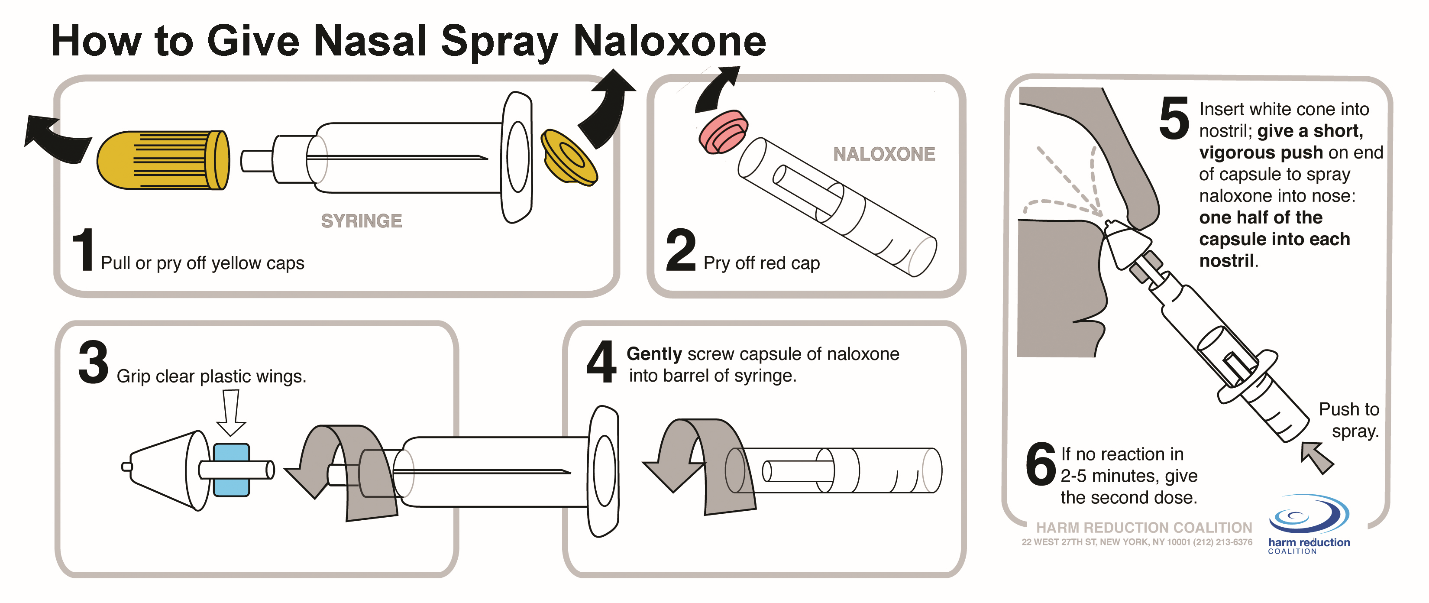Pain Management Resources and Opioid Use
News
Opioid Policy Updates - December 2019
Objective
The Department of Health Care Policy and Financing (the Department) has implemented and plans to continue to implement policies designed to impact the opioid overdose epidemic. The objective of this page is to provide a central source for Department opioid policy information, resources regarding pain management and opioid prescribing for the provider, member pain management resources, and additional related information. The Department is following the lead of the Colorado Consortium for Prescription Drug Abuse Prevention in reducing the misuse of prescription opioids. In order to support this Governor-assigned task force the currently implemented policies describing limitations on morphine milligram equivalents (MME), short acting opioid pill quantities, early interruption of opioid dosing escalations, and dental provider specific policies are briefly listed:
- MME - Prior Authorization required for Rx exceeding 200MME
- Short-acting opioid pill quantity limits - 120 per 30 days for chronic (non-naïve) short-acting opioids
- Opioid Naïve Policy - Member identified as opioid naïve if they have not had an opioid Rx filled within 180 days, days-supply will be limited for opioid naïve to 7 days (56 pills, short-acting opioid only), after 3 fills of 7 days-supplies are written, provider may be required to complete provider-provider consult with pain management specialist
- Dental provider quantity limit is 4 days (24 pills, short-acting opioid only)
Through these policies, the Department is attempting to reduce potentially inappropriate opioid utilization, high risk/high dose prescribing, and reduce unnecessary escalation to higher dose opioid utilization. Recognizing there are special needs and necessity for individual assessment for many members, the Department provides provider-provider consults with a pain management specialist free of charge to the provider and member and are available by request (sspps.co-dur@cuanschutz.edu). Compassionate pain management and opioid safety are important to the Department and the consult service provides an additional expert evaluation of safety and efficacy of members' pain management regimens.
The Department strongly encourages the provider use the Prescription Drug Monitoring Program when prescribing controlled substances to all members.
Courtesy of National Safety Council on Acute Pain:

- Morphine Equivalents Limitations: Lowering the Max Dose Ceiling
- Current MME Maximum is set at 200MME
- 2/1/2016: MME limitation was initially implemented at 300MME
- 10/1/2017: MME decreased from 300MME to 250MME
- 11/1/2018: MME decreased from 250MME to 200ME
MME for opioid prescriptions are counted in a cumulative manner. If a single prescription for an opioid exceeds the MME limit, then it will require prior authorization. If multiple different opioid prescriptions are provided, then the MME for each will be added until the prescription that exceeds the MME limit will require prior authorization.
- Short-Acting Opioids
Courtesy of National Safety Council on Acute Pain:


- Pain Management Resources for Providers
Prescription Drug Monitoring Program (PDMP): Health First Colorado strongly recommends using the PDMP when prescribing controlled substances. Signing up is incredibly easy.
Practice Guidelines:
Additional Information on the Tapering and Discontinuing of Opioids:
Disclaimer
HCPF does not recommend using this calculator as a reference for converting a patient from one opioid to another. Opioid dose conversion is a complex process, and we recommend consulting with a pain management specialist. The calculator is provided as a reference as the source of opioid milligram equivalents quantification used by HCPF. Please exercise great caution when converting patients from one opioid to another, as issues of cross-tolerance and the unique pharmacokinetics of specific agents can create a potentially life-threatening situation. If a provider-to-provider pain management telephone consult is needed, send an email request to sspps.co-dur@cuanschutz.edu. This pain management consultation service is provided free of charge to Colorado Medicaid providers.
Additional Information:
- Colorado Drug Utilization Review (DUR) Newsletters
- National Safety Council's: Evidence for the Efficacy of Pain Medications (OTC vs. Opioids)
Courtesy of National Safety Council on Acute Pain:

- Recent Legislation Pertinent to Opioid Prescribing
- State of Colorado:
- HB19-1287: Treatment For Opioids And Substance Use Disorders, concerning methods to increase access to treatment for behavioral health disorders, and, in connection therewith, making an appropriation.
- SB19-013: Medical Marijuana Condition Opiates Prescribed For, concerning the conditions for medical marijuana use for disabling medical conditions, and, in connection therewith, adding a condition for which a physician could prescribe an opioid to the list of disabling medical conditions for medical marijuana use.
- SB19-227: Harm Reduction Substance Use Disorders, concerning the identification of certain individuals with a substance use disorder, and making an appropriation.
- SB19-228: Substance Use Disorders Prevention Measures, concerning the safe use, storage, and disposal of antagonist drugs; and making an appropriation.
- HB18-1007: Substance Use Disorder Payment And Coverage, concerning payment issues related to substance use disorders.
- SB18-022: Clinical Practice For Opioid Prescribing, concerning clinical practice measures for safer opioid prescribing.
- SB18-168: Medicaid-assisted Treatment Through Pharmacies, concerning payment reform in the medical assistance program to provide access to medication-assisted treatment for the prevention of relapse for persons suffering from substance use disorders.
Federal
- Opioid Overdose Resources
Naloxone is covered for Health First Colorado (Colorado Medicaid) members with zero copay at the pharmacy! The following informational handouts are available for sharing and spreading the word regarding naloxone access and coverage for Health First Colorado members.
Substance Abuse and Mental Health Services Administration (SAMHSA) Resources
Additional Training and Resources:
- Get Naloxone Now: Online interactive trainings for community members/first responders on naloxone administration
- Prescribe to Prevent: Information for prescribers, pharmacists and community members
- How to Administer Nasal Spray Naloxone

- Patient Education
- American Hospital Association (AHA) - What you need to know
- Please refer to the respective Regional Accountable Entity (RAE) for additional help connecting with care and information
- Substance Use Disorder Assistance/Prevention
- Pharmacological Coverage for Medication Assisted Treatment (MAT) can be found on the Appendix P
- Medicaid Behavioral Health Organizations Services
- Peer Assistance Services
- Substance Abuse and Mental Health Services Administration
- NIH National Institute on Drug Abuse
- The National Alliance for Advocates for Buprenorphine Treatment's Clinical Opiate Withdrawal Scale
- Currently available non-drug services covered by Medicaid for use in conjunction with drug treatment
- Screening, Brief Intervention and Referral to Treatment SBIRT Billing Manual
- Behavioral Health Services
- Physical Therapy (PT) /Occupational Therapy (OT), massage in conjunction with PT/OT
- Colorado 1500 Specialty Manual (Mental Health Program)
Disclaimer
The State of Colorado believes it is important to provide information about opioids and intends this page to be a resource. It is intended to provide additional information about opioids, their use, potential misuse, as well as information about substance abuse/misuse programs, however it is not meant to be all inclusive. This page provides links to a handful of external websites that are not the property of, or the responsibility of the State of Colorado. Upon the selection of such a link you will leave the Colorado Department of Health Care Policy and Financing's website. The State of Colorado is not responsible for the content of the linked web pages or the dependability, accuracy or information security of these sites. The State of Colorado does not endorse or sponsor the companies, products or services that may be offered at these websites nor should such an endorsement be implied. The links are not listed in any particular order of importance.